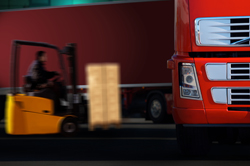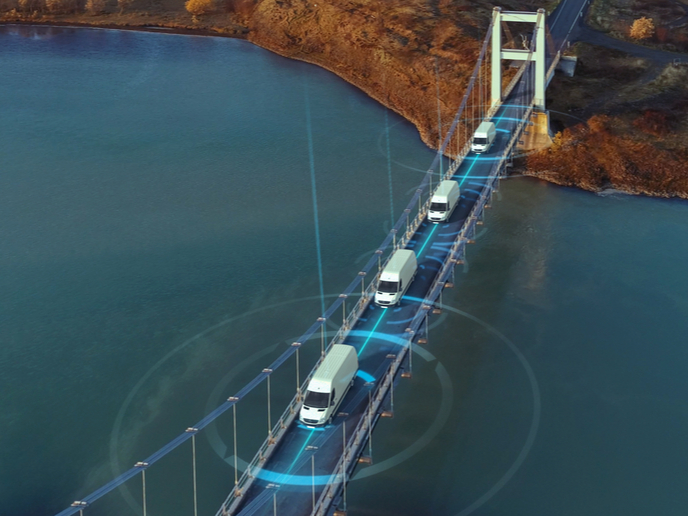Hi-tech deliveries improve urban living
The goal of the MOSCA project was to improve freight distribution in Europe's towns and cities by addressing problems such as booking and reservation procedures, vehicle routing, and loading and unloading. The consortium developed a series of software tools that enabled transport operators to improve the efficiency of their door-to-door delivery services. The tools are capable of communicating with one another and with external systems, and help in organising deliveries and planning the best route. Project partners adopted a collaborative approach for solving the problem of urban freight distribution, providing both demand and supply side information in a single system. Components of the supply system included dynamic road network models for predicting arrival times. Local authorities, who have responsibility for maintaining the road infrastructure, represented the supply side. The demand side was made up of the companies that produce and transport the goods. Start-of-the-art technology was used by the MOSCA project to help meet customers' needs while benefiting the wider community by putting an end to traffic-clogged streets. This will result in less air pollution and a quieter, safer urban environment, thereby improving the citizen's quality of life.




